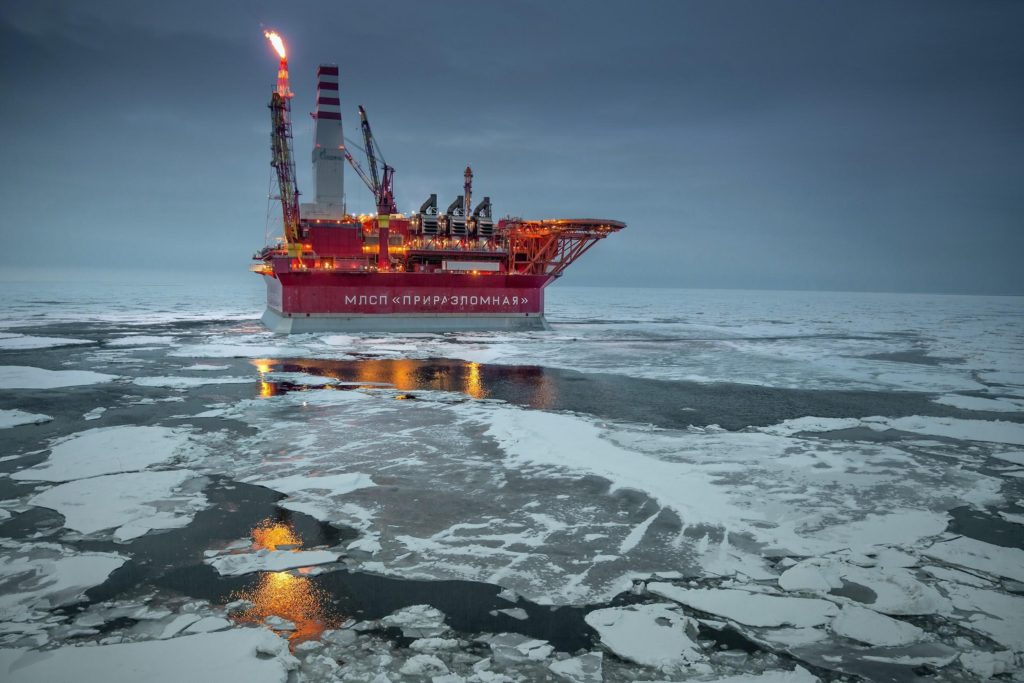
Most people think that offshore oil rigs and drilling sites are harmful to the environment, and in general they are. But with the latest safety regulation they have to equip themselves with items that are releasing fewer emissions, and due to constant analysis, the mistakes are rare.
However, most people ignore the fact that offshore oil production has reduced the amount of oil entering the water naturally which is a devastating problem and the main reason for pollution. That would affect both coastal people and the ecosystem.
Since the ocean that surrounds the USA has a fantastic amount of natural gas and oil potential, and we can easily say that the percentage will rise as time goes by. For instance, more than 85% of those waters are off limits for drilling, which means that we can expect unexpected.
Today, it is prominent to work on platform rig and to create own rigs by checking offshore living quarters manufacturers. In all cases, Government has created studies that estimate 19 billion barrels in the restricted areas. That is 30 years’ worth imports from Saudi Arabia, and that is not everything.
The most significant potential lies in the Pacific, and producing oil over there would increase overall supplies and generate tax revenue much more significant than before. That would create thousands of jobs available for people all across the globe.
Environmental concerns, on the other hand, are creating drilling restrictions, even though, the facts are that offshore rigs do not produce significant damage due to the implementation of technologies that will completely minimize risks of spillage and other hazards that will affect the environment.
Therefore, we can easily say that offshore oil production has reduced the amount of oil that entered the water naturally, which is the standard process responsible for pollution and other issues that are connected with it.
Nature Polluted The Water
It is a paradox that most people would neglect, but the digging sites that feature high levels of oil will release hydrocarbon, which is results from the pressure that happens if the oil reaches high amounts. Everything occurs beneath the earth’s surface, and hydrocarbons escape in the form of methane gases, tar, and oil.
People overlook the idea that natural hydrocarbon is the main reason why the water is polluted in the world, and that is not due to the fact of producing the oil, but because we are not providing enough.
National Academy of Science stated that 60% of hydrocarbon pollution happens naturally, and only one percent is due to offshore extraction and drilling. According to geologists, they think that in the next million years, more oil would be extracted naturally than all reservoirs that we have right now.
The primary US offshore gas and oil producing area is in the Gulf of Mexico, and the environmental impact created the havoc when compared with human factors such as spillage, transportation, and extraction.
Check here if you want to see more on oil drilling and its environmental effects.
We can say the same thing for onshore sites because they are also a source of contamination for rivers and streambeds. If we use Santa Barbara as the example, which is the second biggest area for the seepage, which is 80 miles.
The studies have shown that more than 70 thousand barrels on an annual basis get released into the Pacific naturally, and most of it gets back to California beaches. Therefore, we can say that in four years, it exceeds 240 thousand barrels.
On the other hand, the entire amount of accidental spillages that happened in California from 1970 has been approximately 1000 barrels. Therefore, we can conclude that natural process created more significant pollution problems than human factor and compared with offshore drilling rigs.
Apart from being the water pollutants, seeps are the largest methane emission sources, and if we use the same example of Santa Barbara, the main cause for the air pollution. Since seeps that are in California are releasing tar and oil on the coastline, during the winter the current washes and it enters Santa Barbara County.
Conclusion
On the other hand, one of the most prominent effects of oil drilling and production is the reduction of gas and oil seepage because it will decrease the oil pressure. Seep is similar to commercial crude, but it features partial oxidation when it enters the water, which creates havoc that oil companies wish to reduce.

